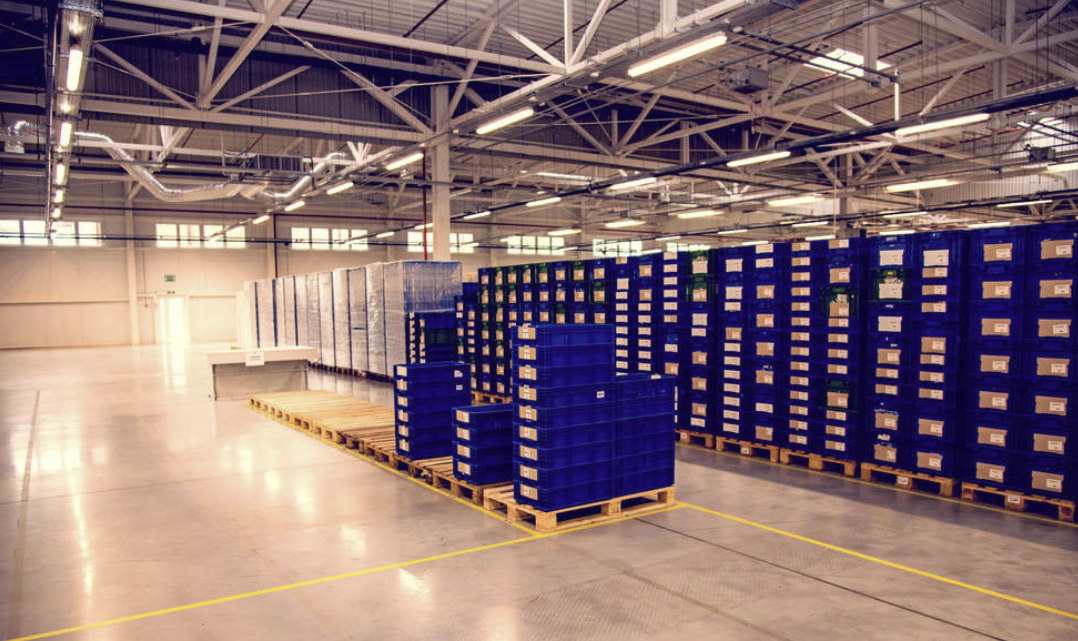5 Work-Readiness Skills You Need To Develop
- Written by NewsServices.com

Getting employed is one of the most effective approaches to earning a livelihood. Being gainfully employed provides a steady income stream or a regular paycheck. You can have the funds to pay for daily expenses like buying food, paying rent, and settling other bills. Besides, a job gives you a sense of identity.
You may think that employers focus on applicants’ level of education when searching for employees. And while that’s true to some extent, they’re likely more interested in candidates’ real work experience and skills. Having the right skills can make you competitive during recruitment.
You can check AGA’s Transition to Work Murrindindi program if you are in Victoria or South Australia or other similar employment and training services available online to develop practical skills and make you marketable to recruiters.
Five of the most critical soft skills you need to develop for a thriving career include the following:
- 1. Communication Skills
Developing communication skills is essential to ensure you successfully share information with others. You’ll likely share lots of information with your employer, co-workers, customers, and other stakeholders when working. You need proper verbal and written communication skills to express your opinions or thoughts.
You can develop communication skills through proper training. You can enrol on a course on business communication, but that may be inadequate. Consider going the extra mile by purchasing writing and communication practice books or watching online videos on improving your skills. You can even find opportunities to speak in public.
- 2. Time Management Skills
Time management is another essential skill you must develop before looking for employment opportunities. It’s the ability to use your time effectively at work, so you don’t waste time and become more productive.
This skill makes you marketable to recruiters, as many employers are looking to hire candidates who can manage time. But that isn’t all. If you can manage time effectively, you’ll finish your work on time and avoid stress and problems with the employer.
Plenty of resources online that can teach you how to manage time. From there, you can improve on your own by prioritizing your tasks. This involves completing the most urgent tasks first.
- 3. Problem-Solving Skills
When someone starts a business, they want to address customer issues. For that, they’d want to hire employees with problem-solving skills. These skills enable you to find solutions to challenges. If you possess them, you can help your company and employer to enhance their processes.
With problem-solving skills, you can find the root cause of a problem and find a potential solution. Apart from attending classes, there are other ways to develop problem-solving skills. The best way is actual practice. You should be exposed to problems to learn how to define them. You should also review past solutions and enhance your listening skills.
- 4. Initiative Skill
Many companies are looking for ways to minimize their wage expense and promote profitability. One of the strategies they implement to achieve this is reducing the number of supervisors in their companies. That’s why they want to hire employees with initiative skills.
Showing initiative indicates that you’re a responsible person. You complete tasks without supervision. It also means being proactive by asking for work instead of waiting for the employer or manager to assign you a task.
Besides, having initiative skills signify that you’re eager to contribute to the progress and success of the business. You can develop such skills by doing more than expected. For instance, if your employer requires you to report to work at 8:00 am, you arrive a few minutes earlier and start working.
- 5. Information Technology Skills
Almost every company is integrating information technology into its systems to streamline operations. Many employers first determine whether you’re knowledgeable in technology before hiring you. That’s why you need to develop information technology skills. These skills will enable you to utilize computers and software to complete daily tasks. Apart from increasing your employability, you can complete work easier and faster.
You can develop information technology skills by attending computer classes. You can also attend seminars and workshops to help you learn new skills or improve existing ones. From there, ensure you keep your skill updated to match the current trends.
Takeaway
Developing work-readiness skills enables you to prepare for jobs, find employment faster, and become a good worker. One of the best ways to gain these skills is to enrol in classes. Besides, since they’re applicable in all sectors, you can develop them on your own by reading online resources or watching videos. But whichever is the case, ensure you improve your work-readiness skills.










